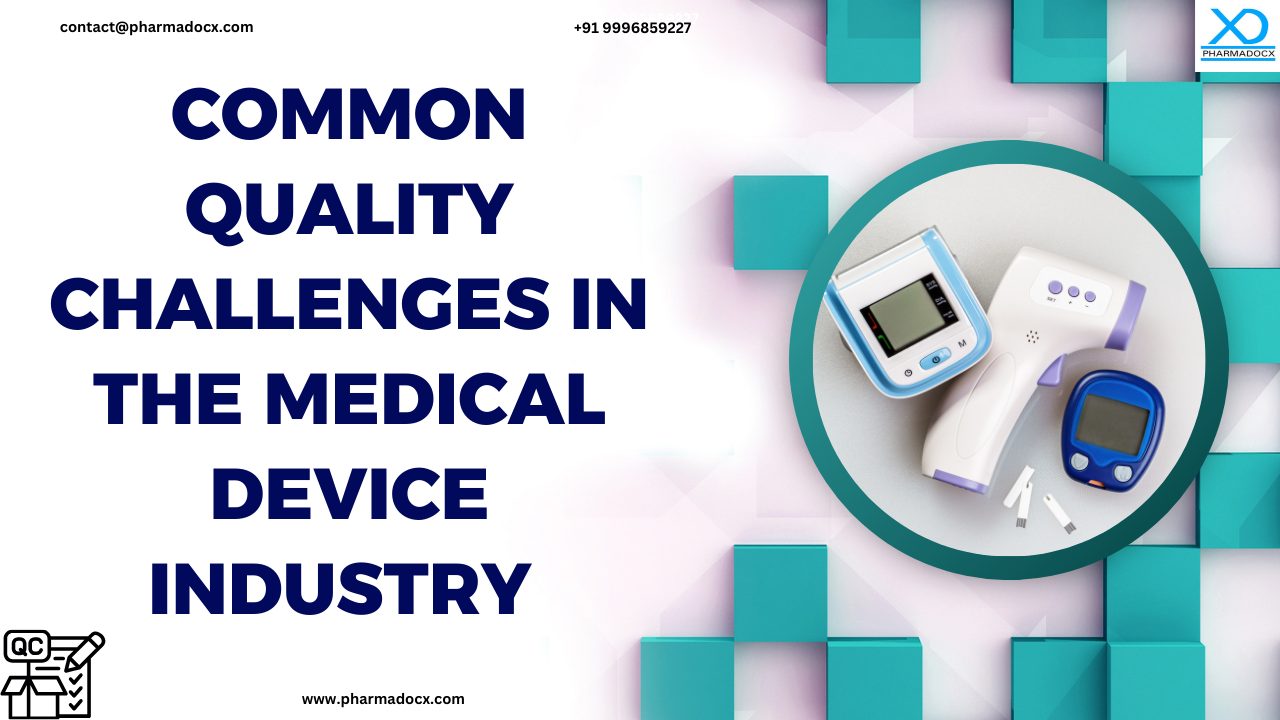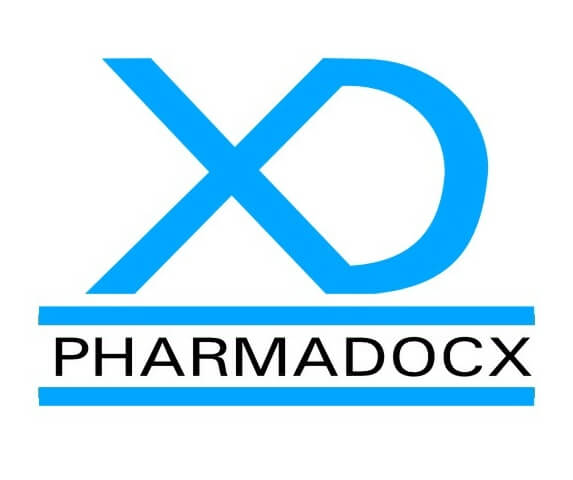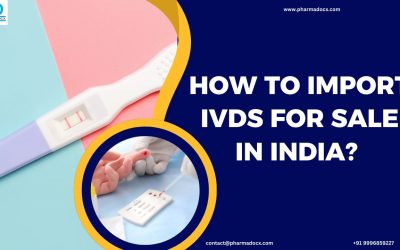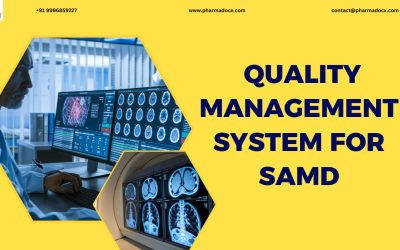Quality cannot be compromised in medical device production. Maintaining consistent and high product quality is of paramount importance in the medical device industry. Common quality challenges in the medical device industry are production, technical, regulatory, and operational issues. The issues can be non-compliance with latest guidelines, flaws in design controls, gaps in supplier quality, and software vulnerabilities. Additionally, there can be documentation errors, validation issues, inadequate post-market surveillance. These can compromise the medical device’s safety, effectiveness, quality, and performance. Additionally, they can adversely impact compliance with regulatory guidelines. Moreover, these issues can affect the entire product lifecycle. Medical device industry quality challenges can arise due to the complexity of devices or ever evolving regulatory guidelines. In this blog, we have summarised the impact of medical device industry quality challenges and the common challenges faced in the industry.
Minor flaws and issues in medical device production can lead to patient harm, product recalls, and financial losses. Notably, poor and inconsistent quality during medical device production will compromise the product, adversely impact the company reputation, and have real-world consequences. From poor quality raw materials and design errors to poor post market surveillance system, quality challenges in the medical device industry can occur at any point.
To reduce quality issues, manufacturers must implement a robust and well-structured quality management systems (QMS). QMS serves as a strategic framework that covers all aspects of design, development, manufacturing, and post-market activities of medical device production. Regular training, complete documentation, fostering a culture of quality, and proactive risk management are important. Advanced technology, such as real-time analytics, should be used to identify flaws.
How does the quality challenges impact the medical device industry?
Quality challenges can have several adverse impacts on the medical device industry.
- Regulatory sanctions and fines owing to non-conformities with the latest regulatory guidelines
- Delayed market approvals because the medical device does not fully comply with all the regulatory guidelines
- Patient safety being compromised owing to product safety and quality issues
- User dissatisfaction due to design flaw or usability issues
- Product recalls due to regulatory non-compliance
These can negatively affect company reputation and product credibility.
Top 10 quality challenges in the medical device industry
- Evolving regulatory guidelines: Medical device regulatory guidelines are constantly being updated for improved patient care and safety. Navigating these evolving regulatory guidelines can be challenging for medical device companies. Moreover, incomplete understanding of regulations can lead to delays in product approvals, product recalls, or even legal consequences. Furthermore, staying abreast of the latest regulations can be challenging.
- Internal silos and cross-functional gaps: Quality events, such as CAPAs, often require collaboration across departments. Internal silos and cross functional gaps may hinder root cause analysis and corrective actions. This is especially a major issue in large organizations.
- Supply chain vulnerabilities: Medical device production often involves sourcing components from multiple suppliers across different regions. Hence, a complex and robust global supply chain is required for medical device production. Maintaining consistent product quality demands rigorously vetting suppliers and managing potential disruptions, raw material shortages, or component variability. Moreover, the recent COVID-19 pandemic highlighted the vulnerability of global supply chains. Post-pandemic disruptions in the medical device industry supply chain continue to affect component availability, supplier consistency, and traceability. Raw material and component supplier qualification and audits are now critical more than ever for maintaining product quality.
- Medical device design and development defects: Defects in the medical device design and development phase can result in the production of unsafe or ineffective medical devices. Risk management is a critical aspect of design control. It involves identifying, evaluating, and mitigating potential hazards associated with the device’s intended use. Failure to address these issues early on can lead to costly rework or recalls later in the product lifecycle. Hence, defects in the medical device design and development phase are one of the common quality challenges in the medical device industry.
- Inefficient processes and collaboration difficulties: Many medical device companies still rely on manual processes that are inefficient. Hence, they face challenges with communication and collaboration across different departments. This leads to delays and inefficiencies.
- Poor documentation practices: Improper and incomplete documentation can lead to compliance gaps. Hence, poor documentation practices can be a serious medical device quality challenge.
- Medical device software-associated risks: Modern medical devices are becoming increasingly reliant on software and connected technologies. This has introduced new quality challenges related to software validation, data integrity, and cybersecurity. Software failures, interoperability issues, or cyberattacks are some major issues that may compromise device functionality, patient safety, or data security. Version control, clinical validation, and post-market monitoring of medical device software are often overlooked.
- Lack of a robust post-market surveillance system: Post-market surveillance (PMS) is vital for monitoring medical devices in real-world use. It is required to identify any unforeseen issues or adverse events that may not have been detected during pre-market testing. Underreporting of complaints or delays in addressing issues can snowball into serious quality challenges. A robust PMS system is essential to identify the root causes of problems. The findings can be used to implement corrective and preventive measures to prevent their recurrence. Hence, absence of a robust post-market surveillance system can lead to quality challenges in the medical device industry.
- Talent shortages in QA/RA: Skilled professionals who understand both technical quality systems and regulatory strategy are lacking. This talent shortage affects audits, submissions, and overall compliance readiness.
- Technological advancements leading to quality challenges: The rapid pace of technological advancement can outpace the development of regulatory quality guidelines for use of technology in the medical device industry. AI and machine learning are increasing being used for medical device production. Hence, it can be challenging to maintain the safety and effectiveness of medical devices produced using advanced technologies.
What are some of the best practices to tackle these medical device industry quality challenges?
We have provided some best practices to help you overcome the quality challenges in the medical device industry.
- Build a robust quality management system (QMS): A well-structured QMS based on standards, such as ISO 13485, should be established. It provides a framework for consistent quality, risk management, regulatory compliance, and continuous improvement. Use digital QMS platforms to automate audits, CAPA tracking, and document control.
- Invest in employee training and development: Ensure all personnel involved in the design, development, manufacturing, and quality control are trained on regulatory requirements. They should be well-versed with QMS standards. They should be proficient in using the latest QMS industry technologies.
- Leverage technology and digital solutions: Adopt electronic QMS (eQMS) software and other technologies to streamline documentation, automate data collection and analysis, and improve traceability.
- Risk management should be prioritised: Integrate risk management in every stage of product lifecycle. It will help proactively identify and mitigate potential hazards.
- Strengthen design controls: Involve cross-functional teams to embed usability, safety, and regulatory needs at every stage of production right from medical device design. Additionally, ensure traceability from design input to output, verification, and validation.
- Conduct supplier quality audits: Conduct regular supplier quality audits. Have clear quality agreements and escalation protocols for nonconformances in place.
- Optimize CAPA systems: Use root cause analysis tools to minimize the quality challenges in the medical device industry. Moreover, track CAPA effectiveness and closure timelines to prevent recurrence.
- Change management: Evaluate and monitor impact of changes on product quality, regulatory filings, and risk profiles. Maintain version control and documentation trails for future reference.
Quality challenges in the medical device industry hamper product launch in the market. We have provided some tips to overcome medical device industry quality challenges. Email at [email protected] or call/Whatsapp on 9996859227 to easily navigate the medical device industry regulations.





